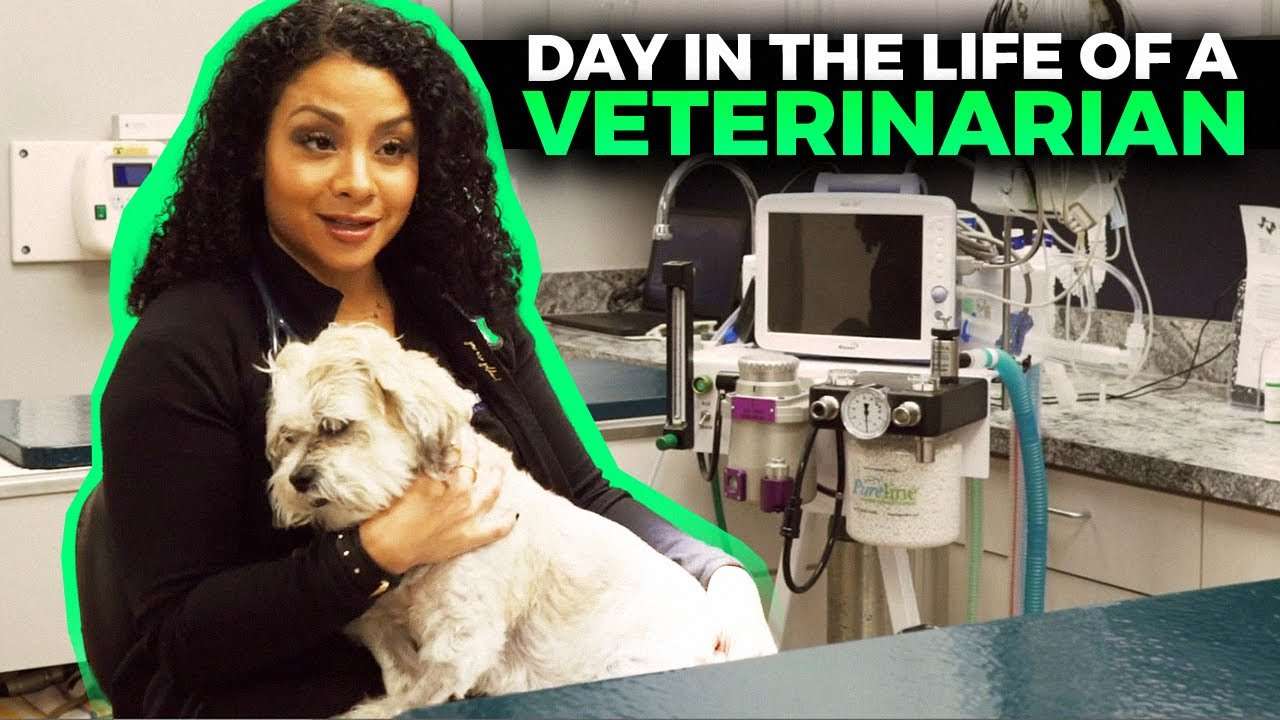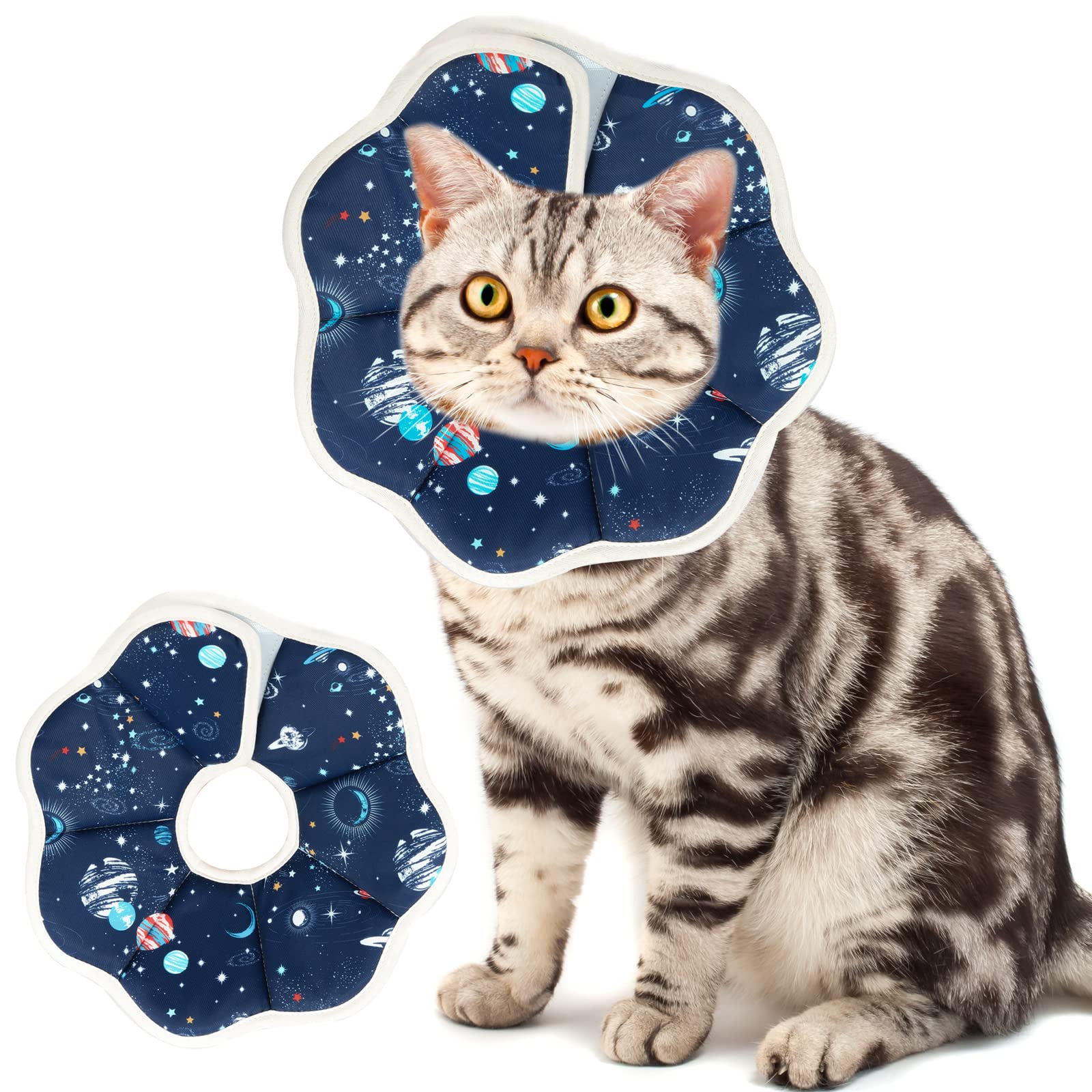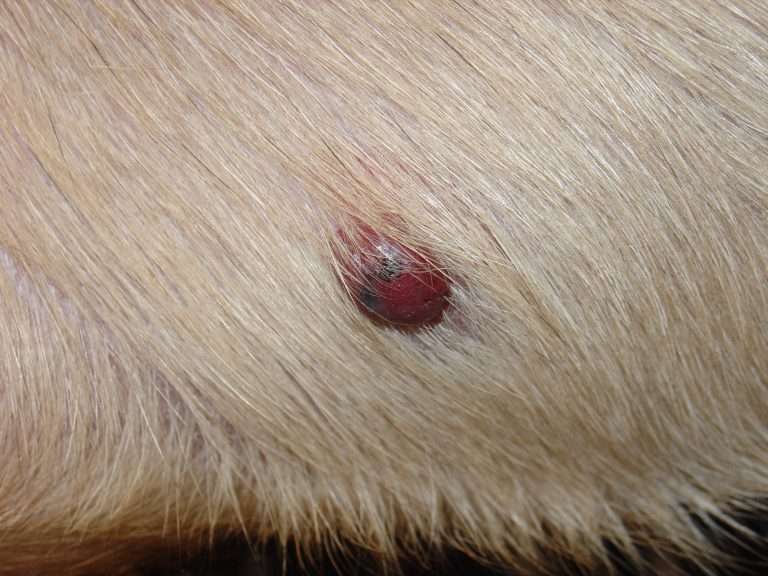Key Takeaways:
- Holistic vets focus on treating the whole animal, including their physical, mental, and emotional well-being, while conventional vets primarily focus on diagnosing and treating specific symptoms or diseases.
- Holistic vets often use alternative therapies such as acupuncture, herbal medicine, and chiropractic care in addition to traditional medical treatments, whereas conventional vets rely mainly on pharmaceutical drugs and surgery.
- Holistic vets emphasize preventive care and nutrition as essential components of an animal's health, while conventional vets may prioritize reactive treatments for immediate issues.
- Holistic vets typically spend more time with each patient, taking a comprehensive approach to understand the underlying causes of health problems, whereas conventional vets may have limited time for consultations due to high patient volumes.
- Choosing between a holistic vet and a conventional vet depends on individual preferences and the specific needs of the animal; some pet owners prefer holistic methods for chronic conditions or overall wellness maintenance, while others may opt for conventional approaches in emergency situations or acute illnesses.
Are you a pet lover who wants to ensure the best care for your furry friend? If so, then understanding the differences between holistic vets and conventional vets is crucial. By delving into this subject, you'll uncover a world of alternative treatments and approaches that could greatly benefit your pet's health and well-being. Whether it's exploring natural remedies or considering a more comprehensive approach to veterinary care, this topic has the potential to revolutionize how you view your pet's healthcare. So, let's embark on this journey together and discover everything you need to know about holistic vets versus conventional vets. Your pet's health is worth it!
What Makes Holistic Vets Different from Conventional Vets?
A Unique Approach to Animal Healthcare
Holistic vets take a different approach to animal healthcare compared to conventional vets. While conventional vets focus on treating specific symptoms or diseases, holistic vets look at the overall well-being of the animal. They believe that good health is achieved by balancing the physical, mental, and emotional aspects of an animal's life.
Instead of relying solely on medications and surgeries, holistic vets often incorporate alternative therapies such as acupuncture, herbal medicine, and chiropractic adjustments into their treatment plans. They also emphasize preventive care through nutrition and lifestyle changes.
A Whole-Body Perspective
Holistic vets consider the whole body when diagnosing and treating animals. They believe that every part of an animal's body is interconnected and that imbalances in one area can affect other areas as well. For example, they may examine an animal's diet, exercise routine, stress levels, and even their living environment to determine the root cause of a health issue.
This comprehensive approach allows holistic vets to address underlying causes rather than just managing symptoms. By focusing on the overall well-being of the animal, they aim to promote long-term health and prevent future illnesses.
How Do Holistic Vets Approach Animal Healthcare Differently?
Individualized Treatment Plans
Holistic vets understand that every animal is unique and may require different approaches to healthcare. Instead of following a one-size-fits-all approach, they create individualized treatment plans based on each animal's specific needs.
To develop these plans, holistic vets spend more time with their patients during appointments. They ask detailed questions about the animal's history, behavior, diet, and lifestyle. This information helps them understand the animal's overall health and develop a personalized treatment approach.
A Focus on Natural Therapies
Unlike conventional vets who primarily rely on pharmaceutical drugs and surgeries, holistic vets often prioritize natural therapies. These can include acupuncture, herbal medicine, homeopathy, massage therapy, and nutritional supplements.
Holistic vets believe that these natural therapies can stimulate the body's own healing abilities and promote overall well-being. They may also recommend changes in diet and lifestyle to support the animal's health. By taking a more natural approach, holistic vets aim to minimize potential side effects and long-term reliance on medications.
Understanding the Holistic Approach in Veterinary Medicine
A Holistic View of Health
Holistic veterinarians approach healthcare with a belief that good health is not just the absence of disease but a state of balance in all aspects of an animal's life. They consider physical, mental, emotional, and environmental factors when assessing an animal's well-being.
This broader perspective allows holistic vets to identify potential underlying causes or imbalances that may contribute to illness or behavioral issues. By addressing these root causes, they aim to restore balance and promote overall health.
An Integration of Traditional and Alternative Medicine
Holistic veterinary medicine combines elements of both traditional Western medicine and alternative therapies. While conventional treatments such as surgery or medication may be necessary in certain cases, holistic vets also incorporate complementary therapies like acupuncture, chiropractic adjustments, or herbal remedies.
This integration allows holistic vets to provide a wider range of treatment options for their patients. They carefully evaluate each case to determine which approaches will be most effective for promoting healing and improving quality of life for the animal.
Why Some Pet Owners Prefer Holistic Vets for Their Animals
A More Personalized Approach
Many pet owners appreciate the personalized approach that holistic vets offer. Holistic vets typically spend more time with their patients, allowing for a thorough examination and discussion of the animal's health concerns. They take the time to listen to the owner's observations and consider all aspects of the animal's life before recommending a treatment plan.
This individualized attention helps pet owners feel heard and involved in their pet's healthcare decisions. It also allows for a deeper understanding of the animal's overall well-being, leading to more targeted and effective treatments.
A Focus on Natural and Preventive Care
Another reason why some pet owners prefer holistic vets is their emphasis on natural and preventive care. Holistic vets often prioritize nutrition, exercise, stress reduction, and environmental factors as key components of an animal's health.
By focusing on these areas, holistic vets aim to prevent illness before it occurs or address underlying imbalances that may contribute to disease. This proactive approach can lead to better long-term health outcomes for animals.
Common Treatments and Therapies Used by Holistic Vets
Acupuncture
Acupuncture involves inserting thin needles into specific points on an animal's body to stimulate healing and balance energy flow. It is commonly used to alleviate pain, improve mobility, and promote overall well-being in animals.
Herbal Medicine
Herbal medicine uses plant-based remedies to support an animal's health. Holistic vets may prescribe specific herbs or herbal formulas tailored to address an animal's unique needs. These herbs can help with various conditions such as digestive issues, skin problems, or anxiety.
Nutritional Therapy
Holistic vets often emphasize the importance of a balanced and species-appropriate diet for animals. They may recommend specific dietary changes or supplements to support an animal's health and address specific health concerns.
Chiropractic Adjustments
Chiropractic adjustments involve manipulating the spine to restore proper alignment and nerve function. This therapy can be beneficial for animals with musculoskeletal issues, mobility problems, or nervous system imbalances.
The Pros and Cons of Choosing a Holistic Vet for Your Pet's Health
Pros:
- Individualized care tailored to your pet's unique needs
- A focus on natural therapies that may have fewer side effects
- A holistic approach that considers all aspects of your pet's well-being
- Promotion of long-term health through preventive care
- Opportunity for a more personal relationship with your vet
Cons:
- Limited availability of holistic vets in some areas
- Potential higher cost compared to conventional veterinary care
- May not be suitable for emergency or critical care situations where immediate medical intervention is necessary
- Some treatments may require multiple sessions or ongoing maintenance, which can be time-consuming or inconvenient for some pet owners
In conclusion, holistic vets and conventional vets have different approaches to animal healthcare. Holistic vets focus on treating the whole animal and using natural remedies, while conventional vets rely more on medications and surgeries. It is important to choose the type of vet that aligns with your beliefs and values for your pet's well-being.
What is the difference between a vet and a holistic vet?
Holistic veterinarians have a more natural approach to healing and typically suggest a range of alternative treatments and lifestyle adjustments before turning to traditional medicine. This approach, known as naturopathy, can involve therapies like homeopathy, herbal medicine, acupuncture, massage, and dietary modifications.
What is the holistic approach to pet care?
Holistic pet care is based on the idea of considering the whole animal. Instead of just focusing on symptoms or specific diseases, holistic veterinary doctors take into account the pet's environment, genetics, nutrition, stress levels, and relationships with its owner and family members when diagnosing and treating conditions.
What type of vet care do you believe is appropriate how often?
Similar to humans, animals also require increased healthcare as they age. For this reason, veterinarians recommend that senior animals receive biannual checkups instead of just one annual visit. In addition to a regular physical examination and necessary vaccinations, senior pets may require further health tests during their appointments.
What is harder a doctor or a vet?
The difficulty of vet school is not due to the workload being more challenging. Medical school also requires rigorous work. The reason vet school is perceived as harder is because there are fewer vet schools available. With limited options, students face difficulty in gaining acceptance into vet schools, regardless of their academic performance.
Is vet school harder than medical?
Indeed, veterinary school is more challenging than medical school. Both veterinary school and medical school necessitate a thorough understanding of mathematics and science. The prerequisites for these programs are largely similar, as they require significant knowledge of biology and chemistry.
What are the three important holistic care needs?
According to the participants' feedback, holistic care encompasses spiritual, social, and clinical aspects. In simpler terms, holistic care includes the three themes of clinical, spiritual, and social care.

















